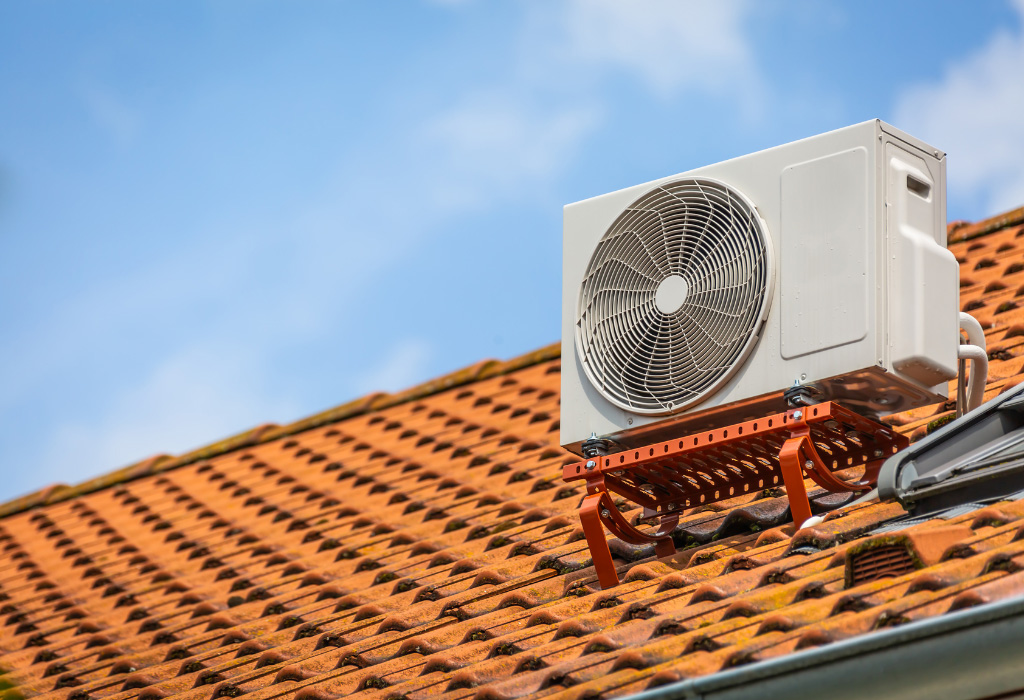
For Immediate Release June 25, 2024
Media Contact:
Robin Tung, robin@buildingdecarb.org
Budget cuts raise urgent need for robust and equitable building decarbonization funding in climate bond
State leaders must include funding for the Equitable Building Decarbonization Program in a climate bond for the November ballot to improve air quality, public health, climate resiliency, and access to life-saving cooling for low-income and environmental justice communities.
Sacramento, CA – Over the weekend, the California Legislature and Governor Gavin Newsom reached a budget agreement that allocates just over $500 million for a program that prioritizes low-income and environmental justice communities by providing zero-emission heat pumps for cooling, weatherization, and other home upgrades. The final budget cuts back on the joint proposal by the Legislature earlier this month for the Equitable Building Decarbonization Program (EBD), and is a40% reduction from the original $922 million commitment in 2022. To address the critical funding gaps for this program, state leaders should include the program in an equitable climate bond.
“Amidst worsening climate impacts and rising housing costs, we must help environmental justice communities secure energy efficient appliances and retrofits,” said Elle Chen, Legislative Director of the Asian Pacific Environmental Network. “The EBD program is a critical investment that ensures low-income Californians can get these home improvements to protect their health without fear of displacement or having to pay more in rent.”
Currently, about a quarter of Californians lack access to cooling, and extreme heat events are growing in severity and frequency—primarily affecting low-income and frontline communities. The EBD Program can help create climate resilience for households and mitigate the impact of rising temperatures, and it includes strong tenant protections that allow renters to benefit from home upgrades while remaining in their homes. The program can also help Californians save on energy bills with weatherization and replacement of old, inefficient air conditioning units with heat pumps.
“Low-income and communities of color urgently need access to home upgrades like zero-emission heat pumps so they can have life-saving cooling and clean air as extreme heat intensifies in California,” said Jose Torres, California Director at the Building Decarbonization Coalition. “The Equitable Building Decarbonization Program will also help provide market certainty as the state advances towards clean energy. We urge the Administration to expand access to heat pumps by providing consistent funding to this program and bolstering it through an equitable climate bond.”
The EBD Program can also improve air quality in communities by reducing climate pollution through zero-emission heat pumps. California is home to the most polluted cities in the nation, and gas appliances in homes and buildings make the building sector the second leading contributor of greenhouse gas emissions. For the state to meet its overall 2030 climate and heat pump goals, it would need to triple the rate at which it has been cutting emissions and nearly quadruple heat pump deployment each year. Bolstering the EBD Program in an equitable climate bond could help deploy hundreds of thousands of heat pumps across the state and cut emissions on a large scale.
A coalition of more than 180 environmental justice and environmental organizations is calling for state leaders to include the Equitable Building Decarbonization Program in an equitable climate bond to ensure consistent and robust investment. Closing the funding gap for the program is urgently needed to expand cooling, build climate resilience, improve air quality, cut emissions, and speed the state in meeting its targets. The Legislature must propose the bond by July 3.
###
The Building Decarbonization Coalition (BDC) aligns critical stakeholders on a path to transform the nation’s buildings through clean energy, using policy, research, market development, and public engagement. The BDC and its members are charting the course to eliminate fossil fuels in buildings to improve people’s health, cut climate and air pollution, prioritize high road jobs, and ensure that our communities are more resilient to the impacts of climate change. Learn more at www.buildingdecarb.org.
